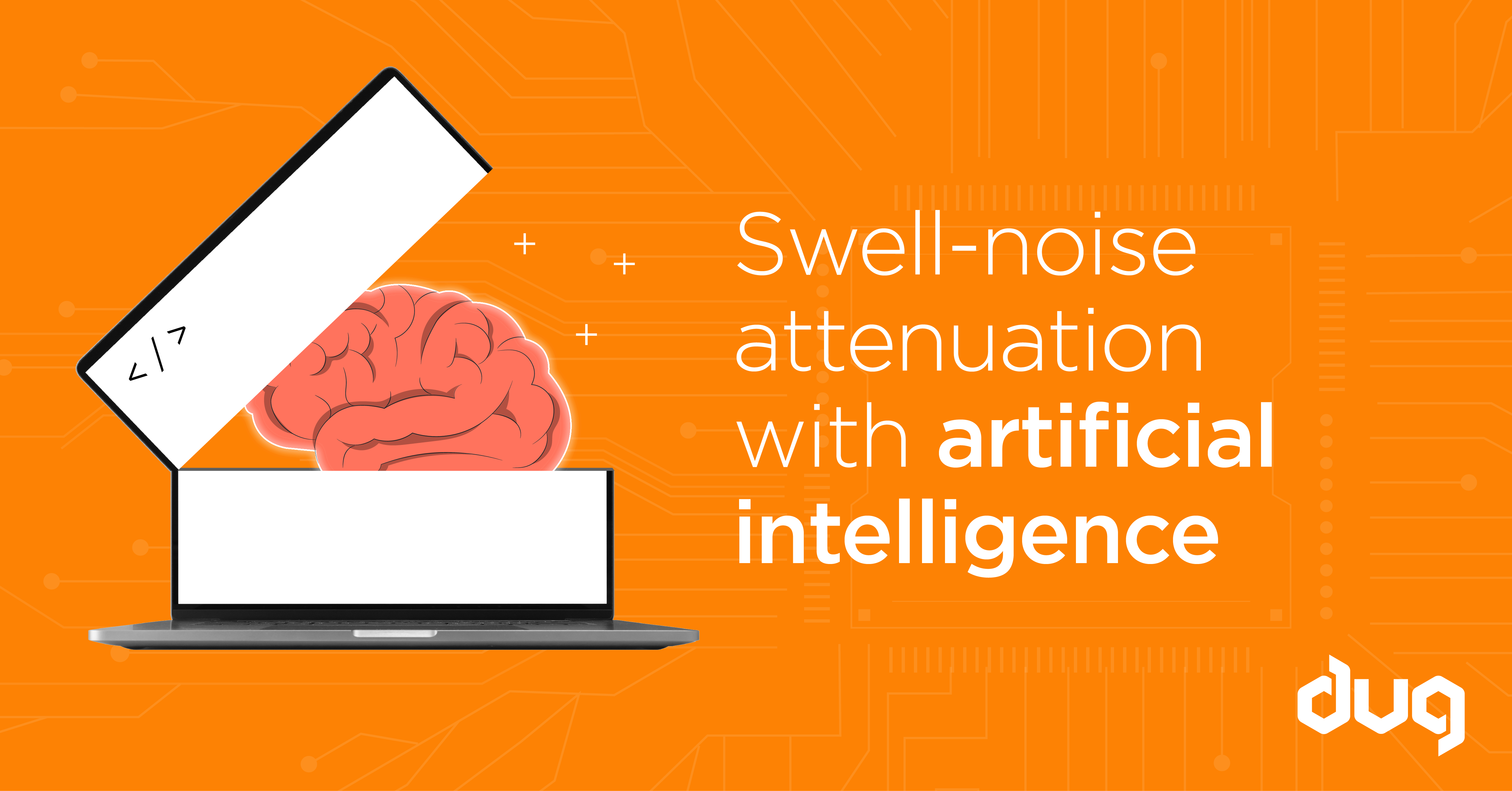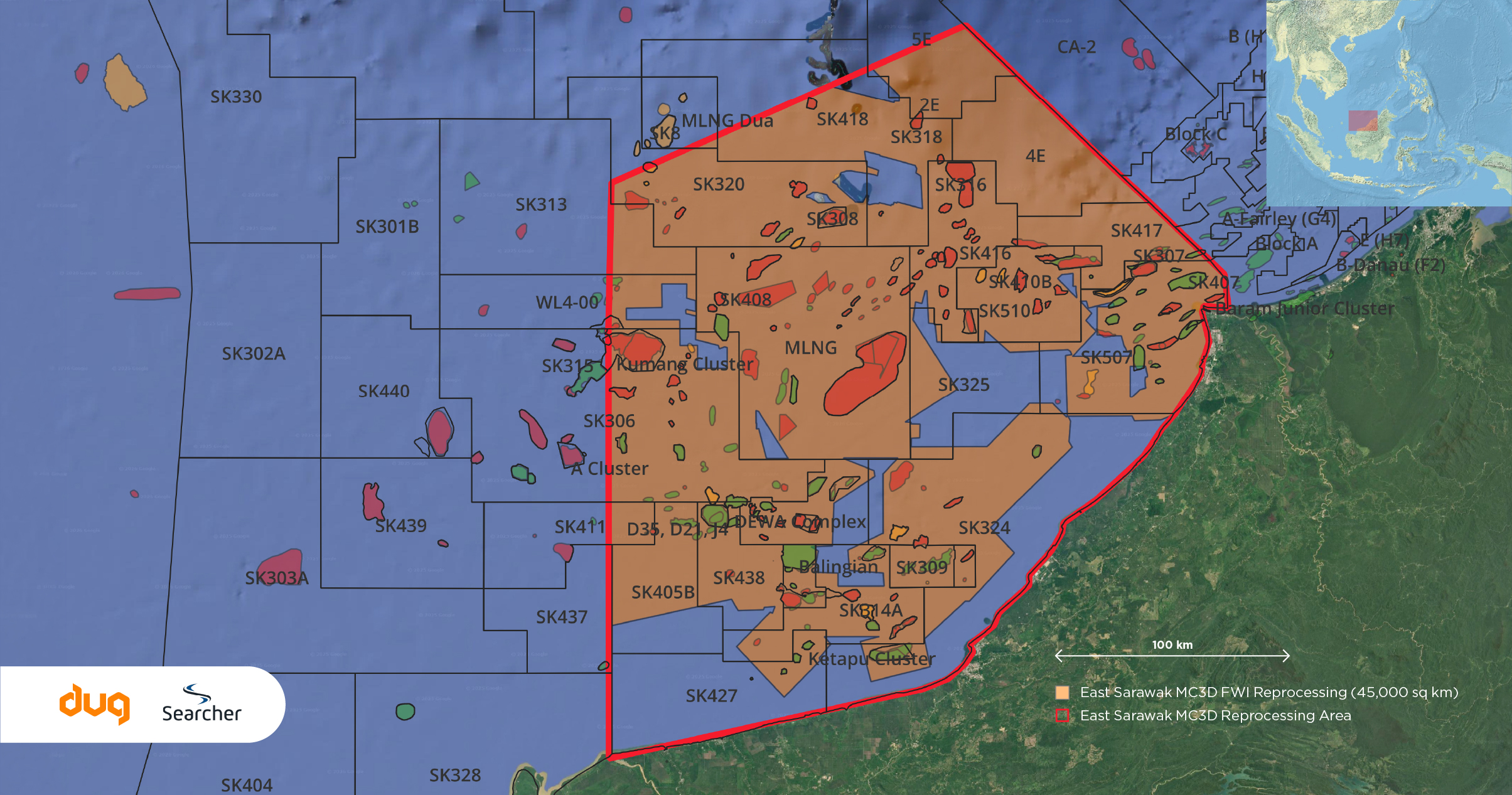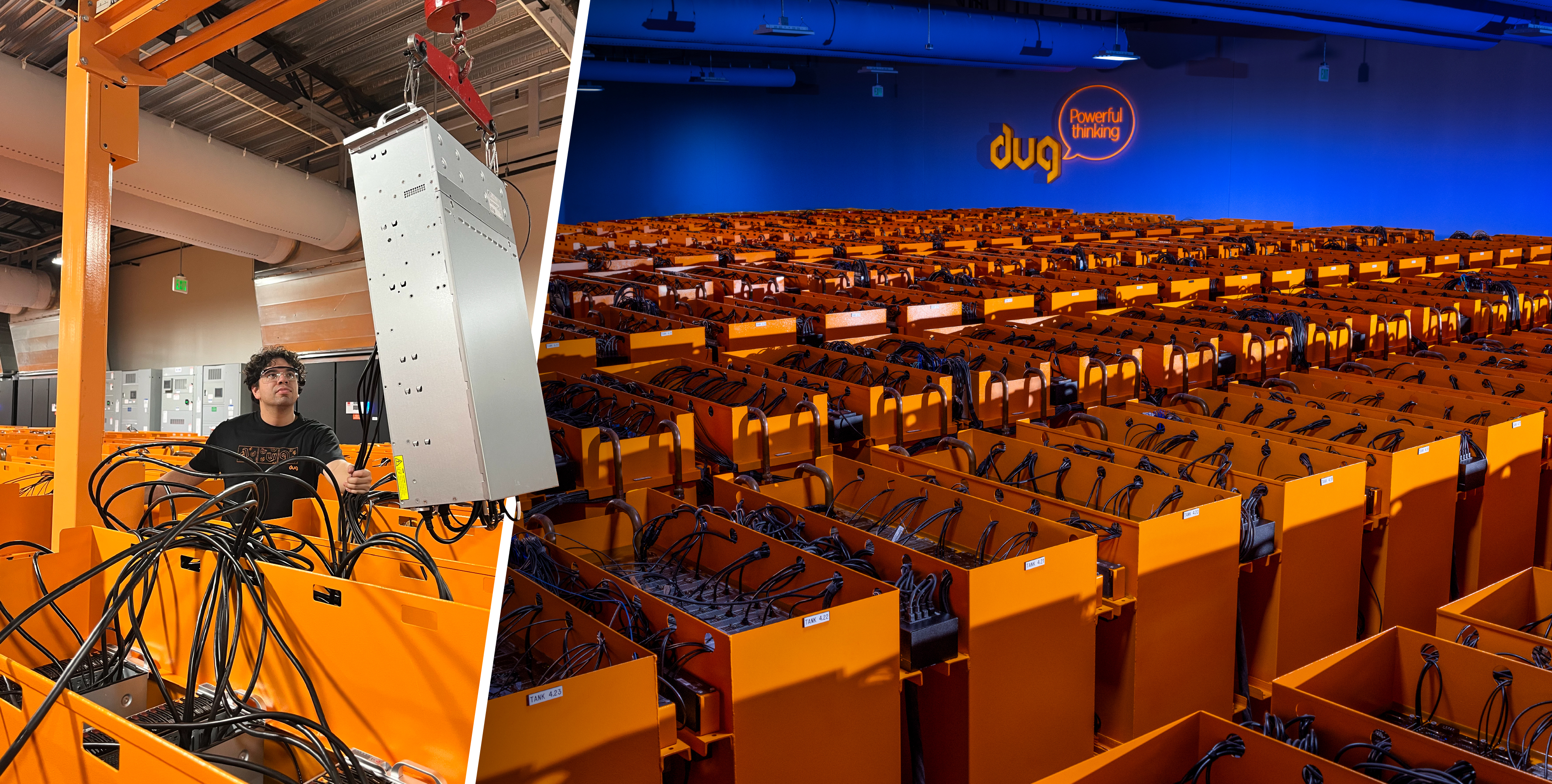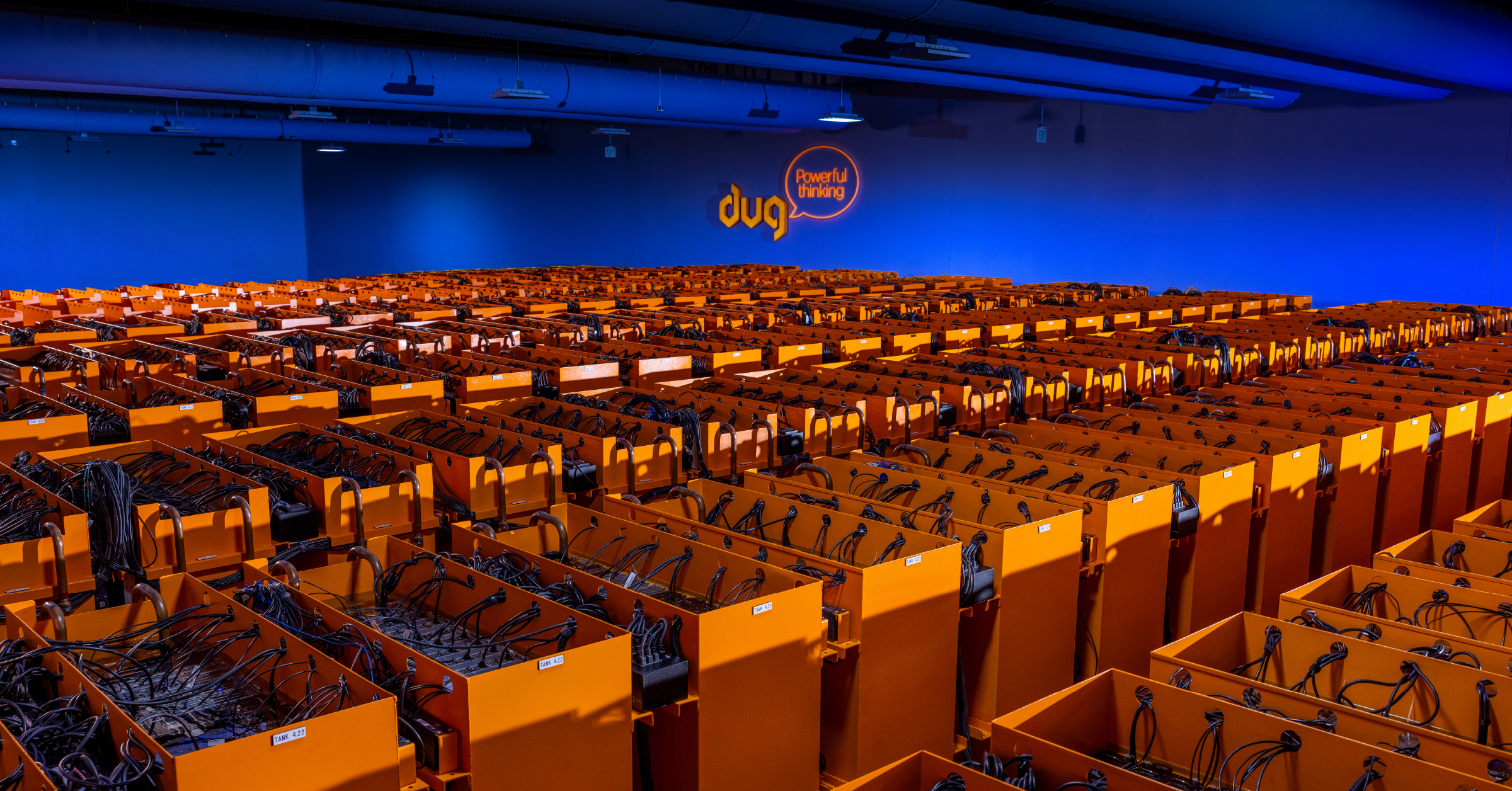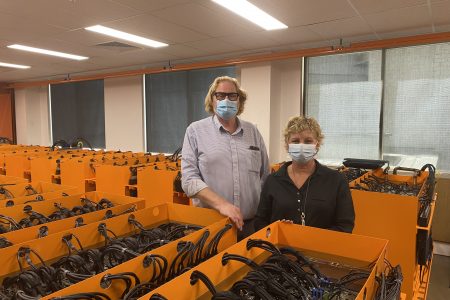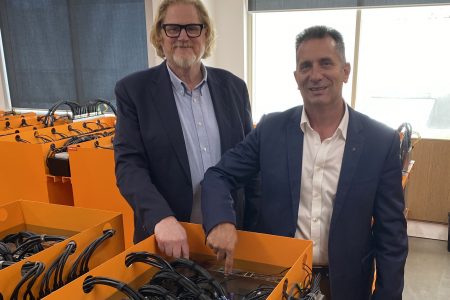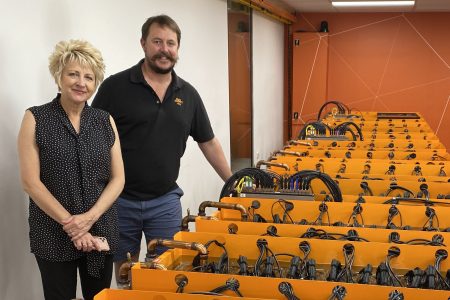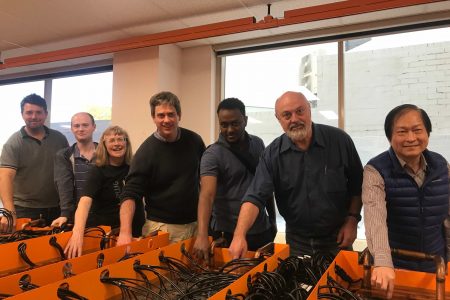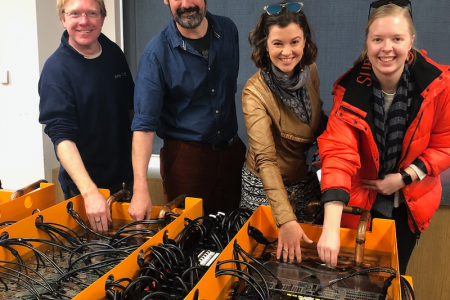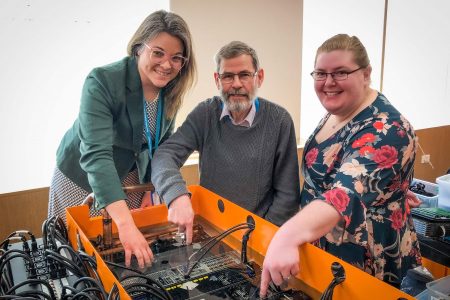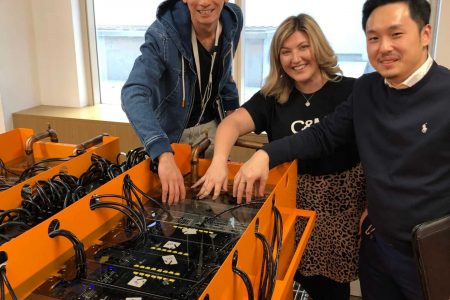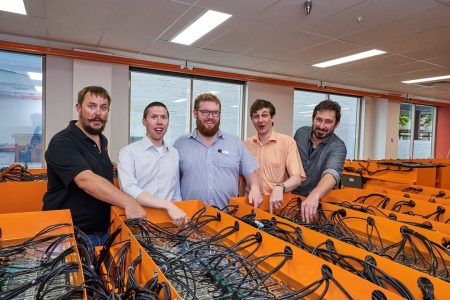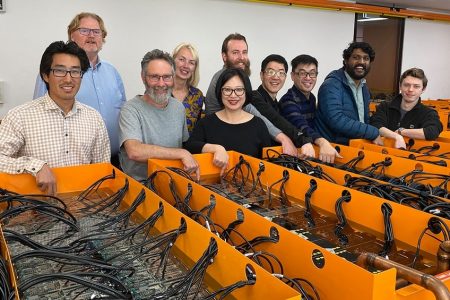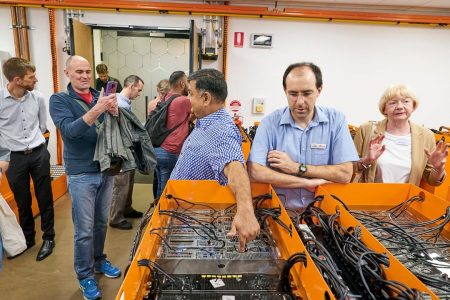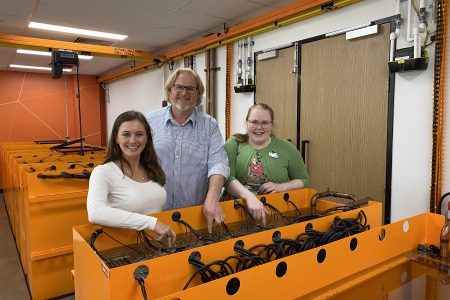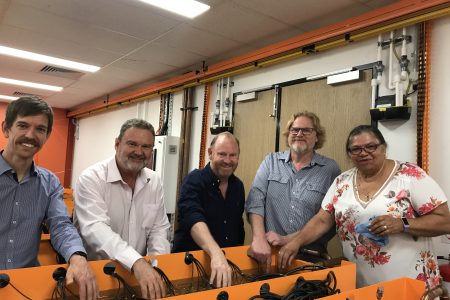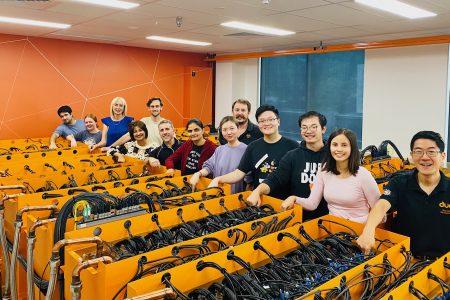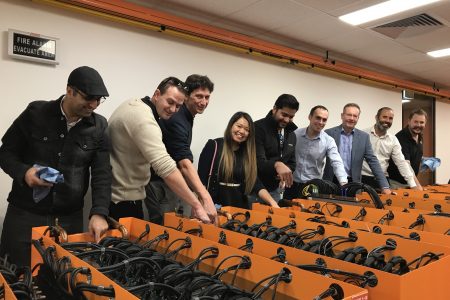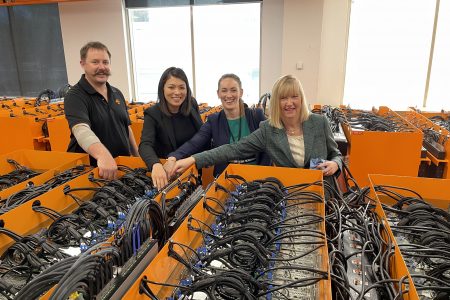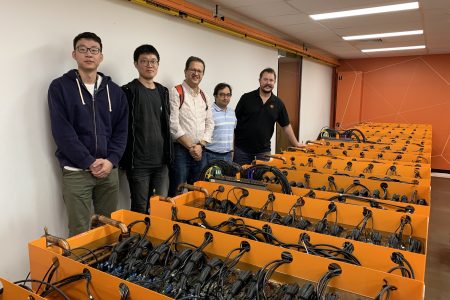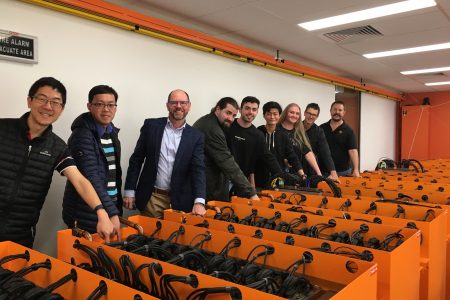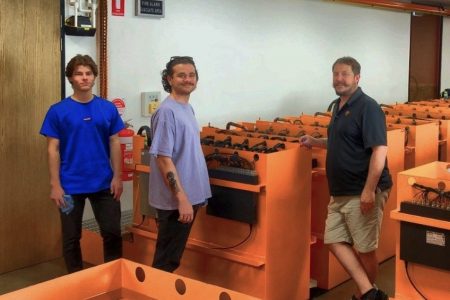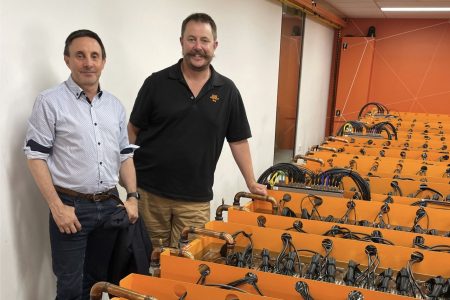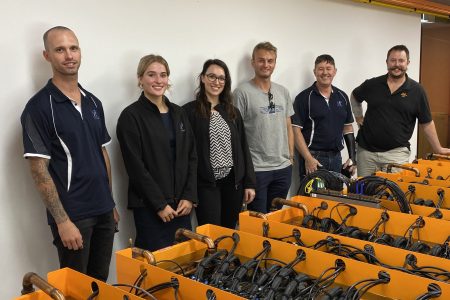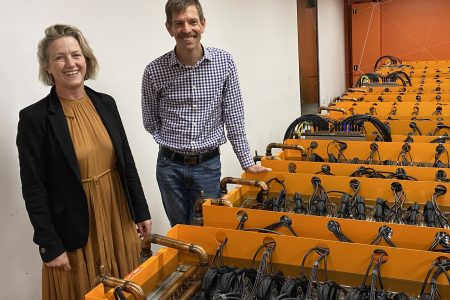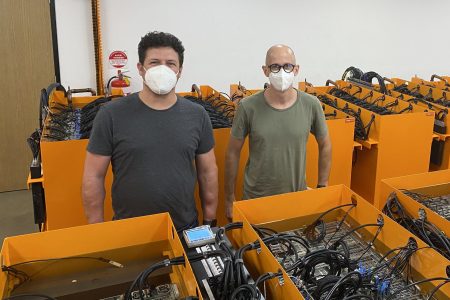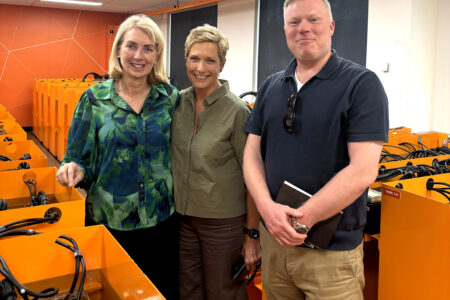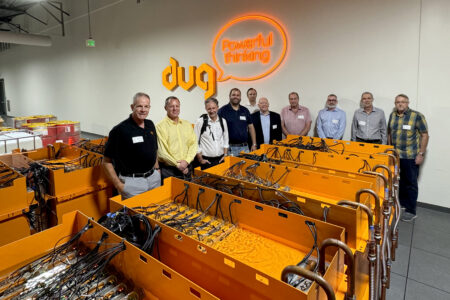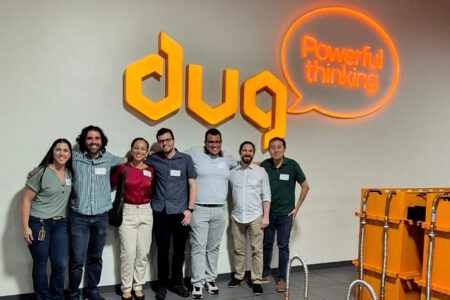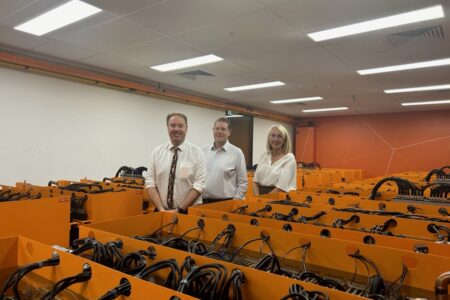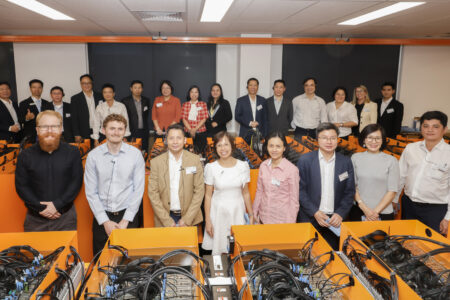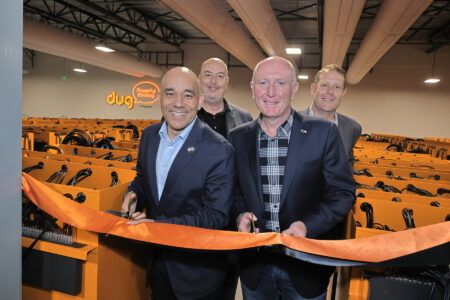Artificial intelligence (AI) is the science of making computers “think” like humans.
Machine learning (ML), a subset of Al, uses data to train computers how to “think”. Deep learning (DL) uses multi-layered neural networks to interpret more intricate patterns in data. DL excels in analysing huge datasets with complex data-outcome relationships. Its ability to rapidly process vast amounts of data and predict complex patterns promotes efficient and effective image-processing solutions.
Our research team has developed a DL model that can estimate and attenuate swell noise with greater efficacy. It is also proving effective for reducing other types of noise, such as ground roll.
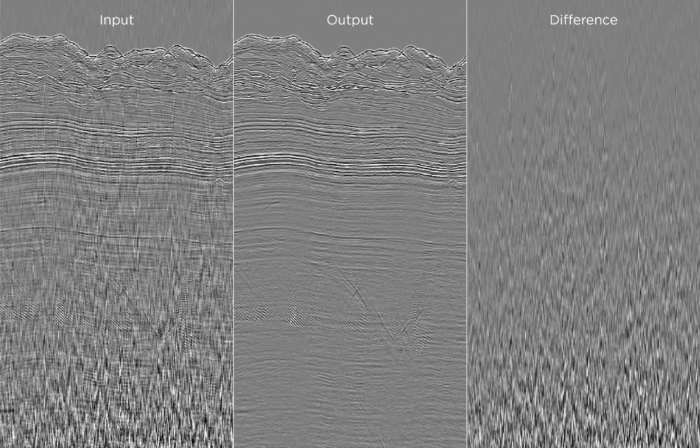
A full stack before (left) and after (centre) application of swell-noise attenuation. The difference (right) demonstrates the power of deep learning to isolate swell noise while preserving useful signal.
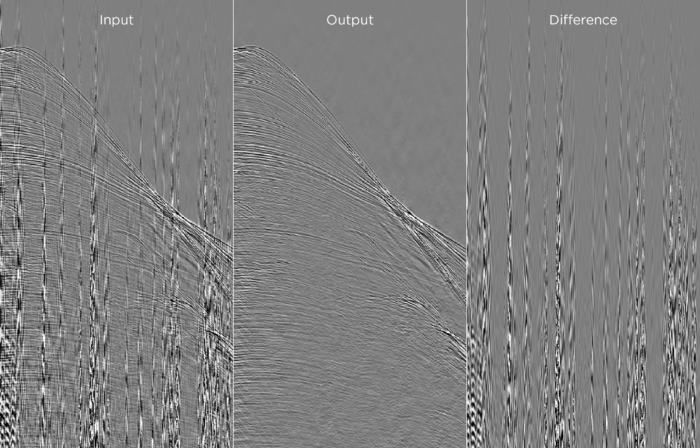
Shot records before (left) and after (centre) swell-noise attenuation. The difference (right) confirms the efficacy of the deep-learning model.
Check out what else we are doing with machine learning:
A deep learning inverse Hessian for least-squares migration
Deep learning swell noise estimation
Adaptive subtraction using a convolutional neural network
Want to learn more about our advanced geoscience technologies?
Let’s talk—contact us today!


